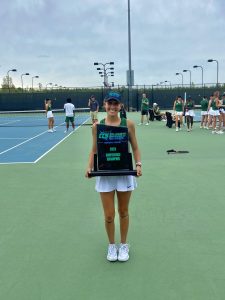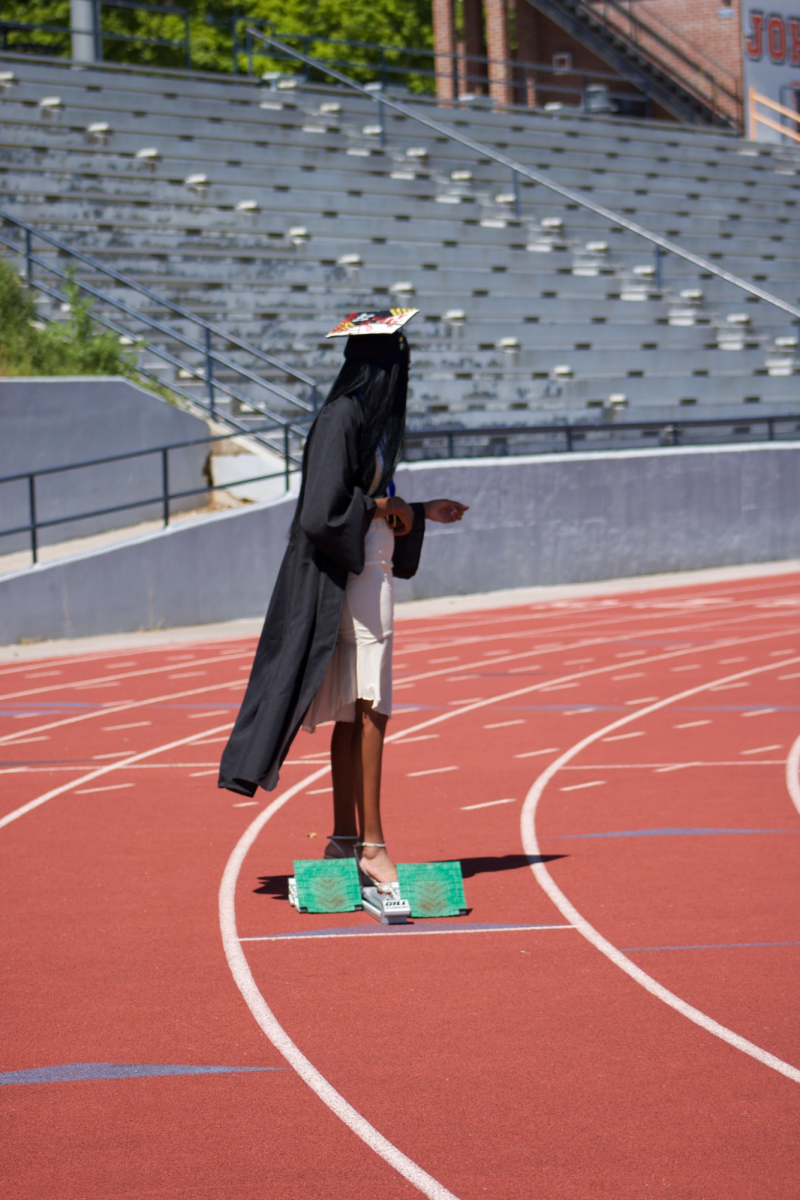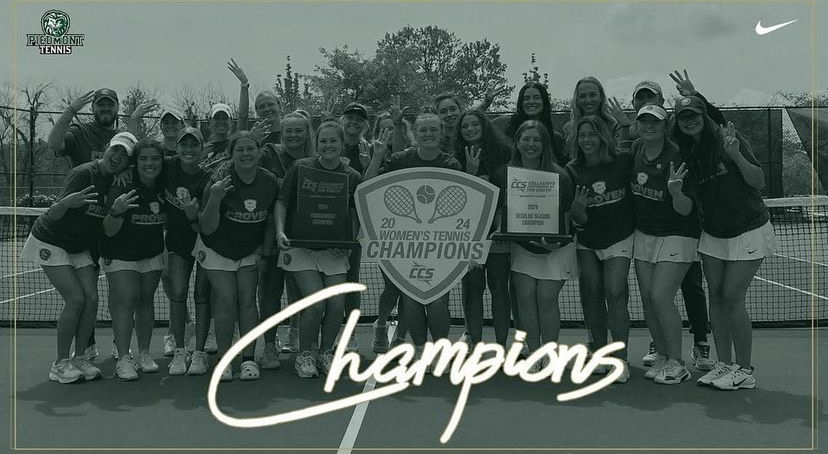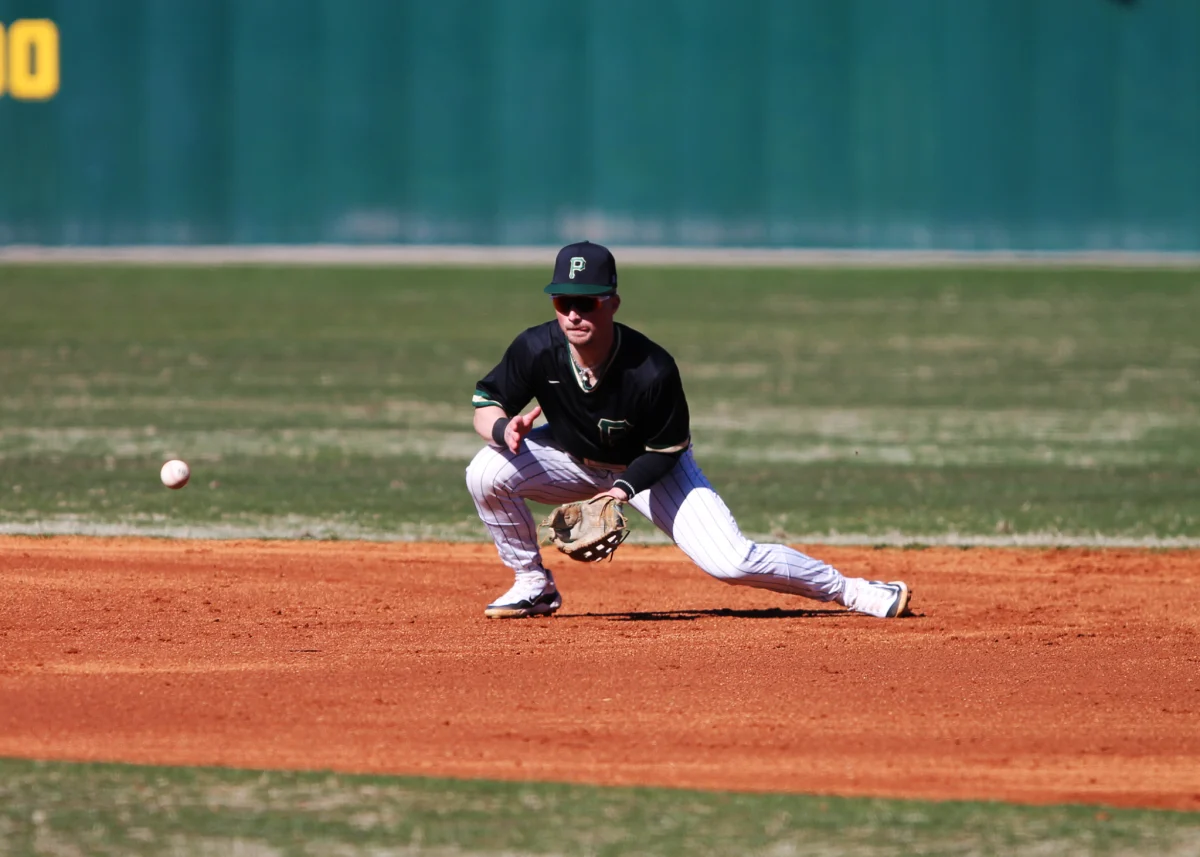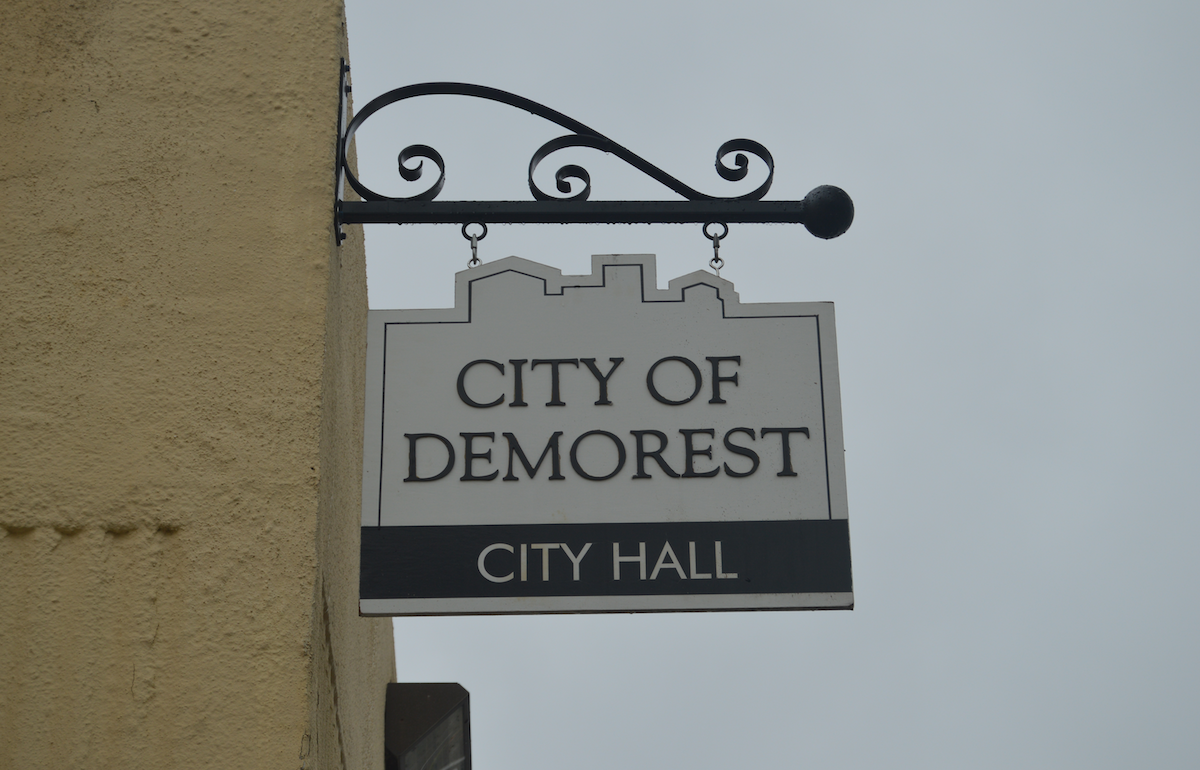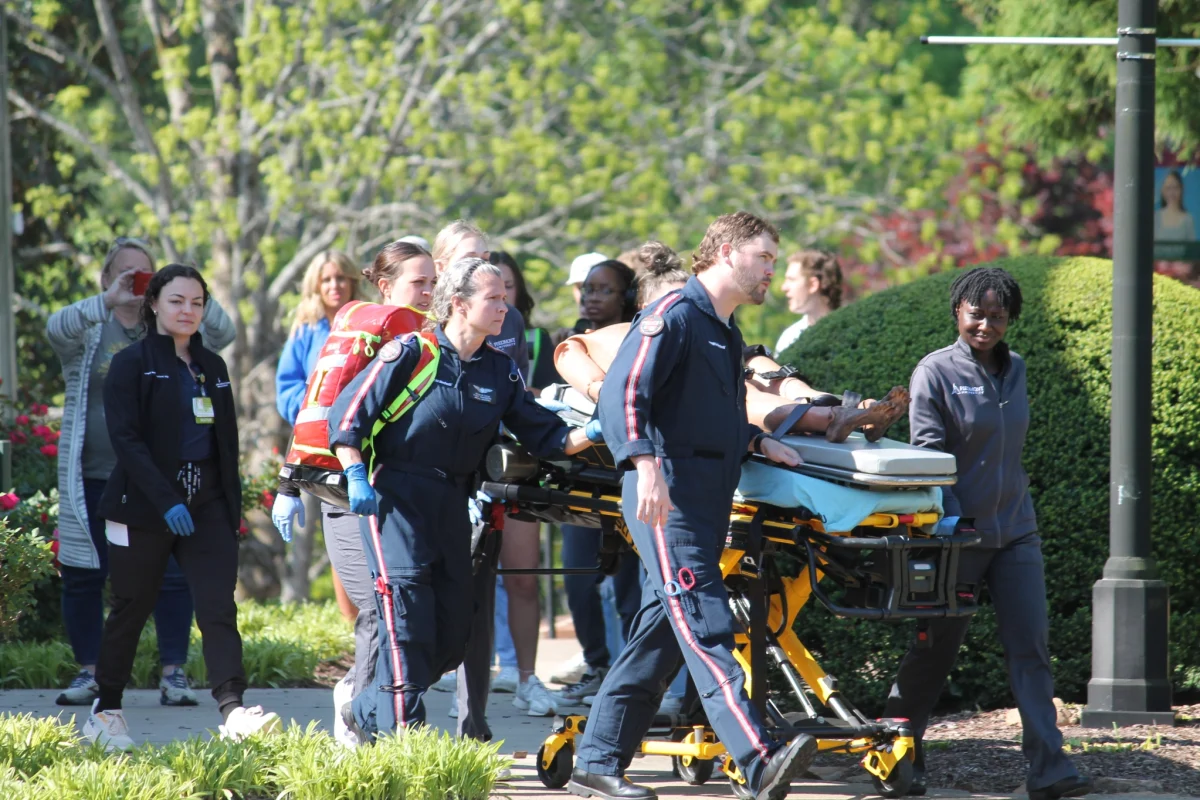By: ALEXANDRA SMITH
Sports Editor
In an age of copy and paste research, plagiarism in the college classroom has become increasingly easy.
Whether it’s sharing answers on a test or sharing ideas in a paper, students may encounter plagiarism in their classes.
Piedmont College has students commit to an Honor Pledge.
According to the Piedmont College Current Catalog: “All students, by their enrollment at Piedmont College, commit to the Honor Pledge: ‘The Piedmont College community emphasizes high ethical standards for its members. Accordingly, I promise to refrain from acts of academic dishonesty including plagiarism and to uphold the Academic Integrity Policy in all endeavors at Piedmont College.’”
Piedmont also outlines the definition of plagiarism and cheating. Cheating is the intentional “using or attempting to use unauthorized materials, information or study aids in any academic exercise.”
The Catalog defines fabrication as the “intentional and unauthorized invention or falsification of any information or citation in an academic exercise or altering official college records or documents.”
Students are also prohibited from helping others commit acts of academic dishonesty.
Plagiarism, according to the Catalog, occurs when a student attempts to claim someone else’s ideas or words as their own.
“As a professor, I encounter it much too frequently,” said Timothy Menzel, an associate professor of biology. “In many cases students have copied and pasted directly from web pages.”
Menzel said his solution to plagiarism includes two steps.
The first is to include a specific section about plagiarism in his syllabus. Additionally, he revisits the issue before assigning work that includes a writing assignment.
“The second part of my strategy is to be diligent in my oversight,” Menzel said. “It is usually fairly easy to identify what has and has not been written by the student, and sources are easily unearthed using intent tools designed for this purpose. I typically turn in a couple students [per] semester.”
Students indicated that they see and hear of academic dishonesty happening much too often on campus.
“I don’t think that the punishment [for plagiarism] should not be that severe because it happens so often,” said Megan McDowell, a sophomore math major.
According to the Catalog, there are the steps to dealing with academic integrity.
First, a faculty member makes a complaint about the incident to the dean of that school and describes the act of dishonesty and who was involved.
Next, the dean will provide the student involved with written notification of the accusation of academic dishonesty, the identity of the faculty member making the complaint and the procedures for resolving the case.
After that, the dean will review the evidence and make final judgement on the case.
A student can ask for reconsideration and appeal the decision to the Office of the Vice President for Academic Affairs.
According to the current Catalog, “Individual decisions or exceptions cannot be made.”
“When students plagiarize to complete an assignment, there are two issues,” Menzel said. “The first is an ethical issue. The student has been dishonest, and has stolen someone else’s intellectual property. The second is an academic issue. We don’t give assignments just so students have something to do. The purpose of any assignment is for the student to learn in the process of its completion.”
Menzel said he assigns writing assignments because he believes one of the best ways to learn a subject thoroughly is to research then write about it.
“The act of sitting down and trying to find the right words to explain something helps one to understand better what they are learning in class,” Menzel said. “If those words are plagiarized instead, the learning is not happening and the student is not getting what they should out of the course. A student who has plagiarized their way through college does not deserve the degree they are awarded, and may not be qualified to hold the job the degree was intended to qualify them for.”


